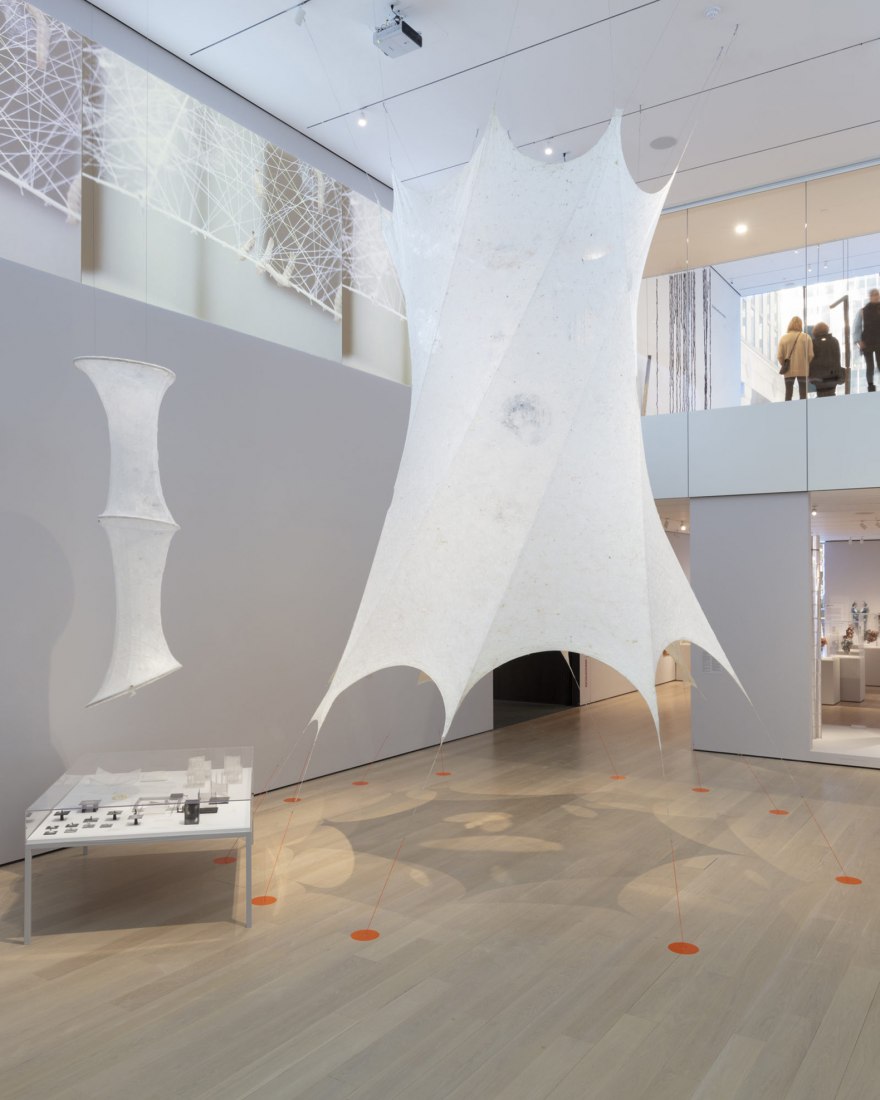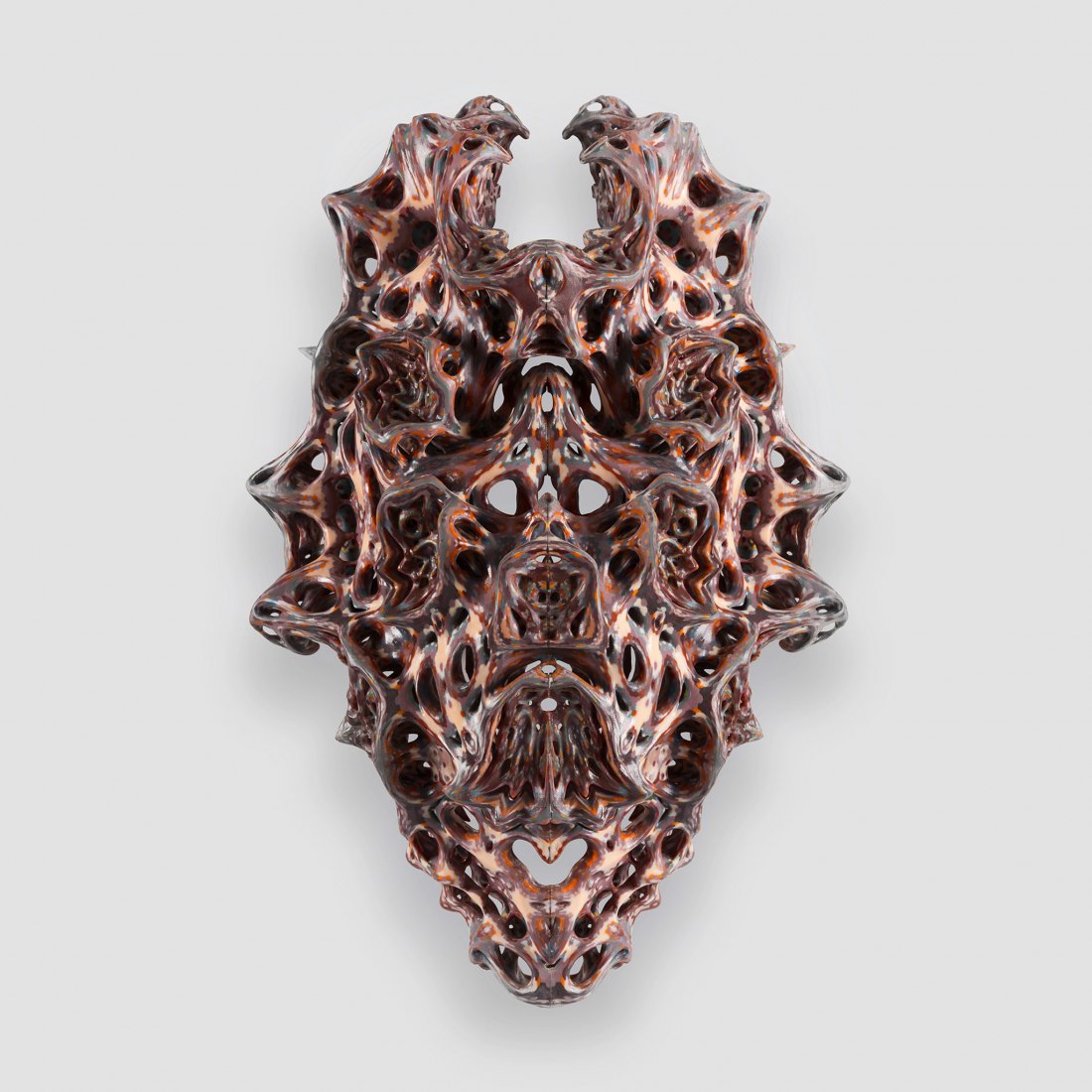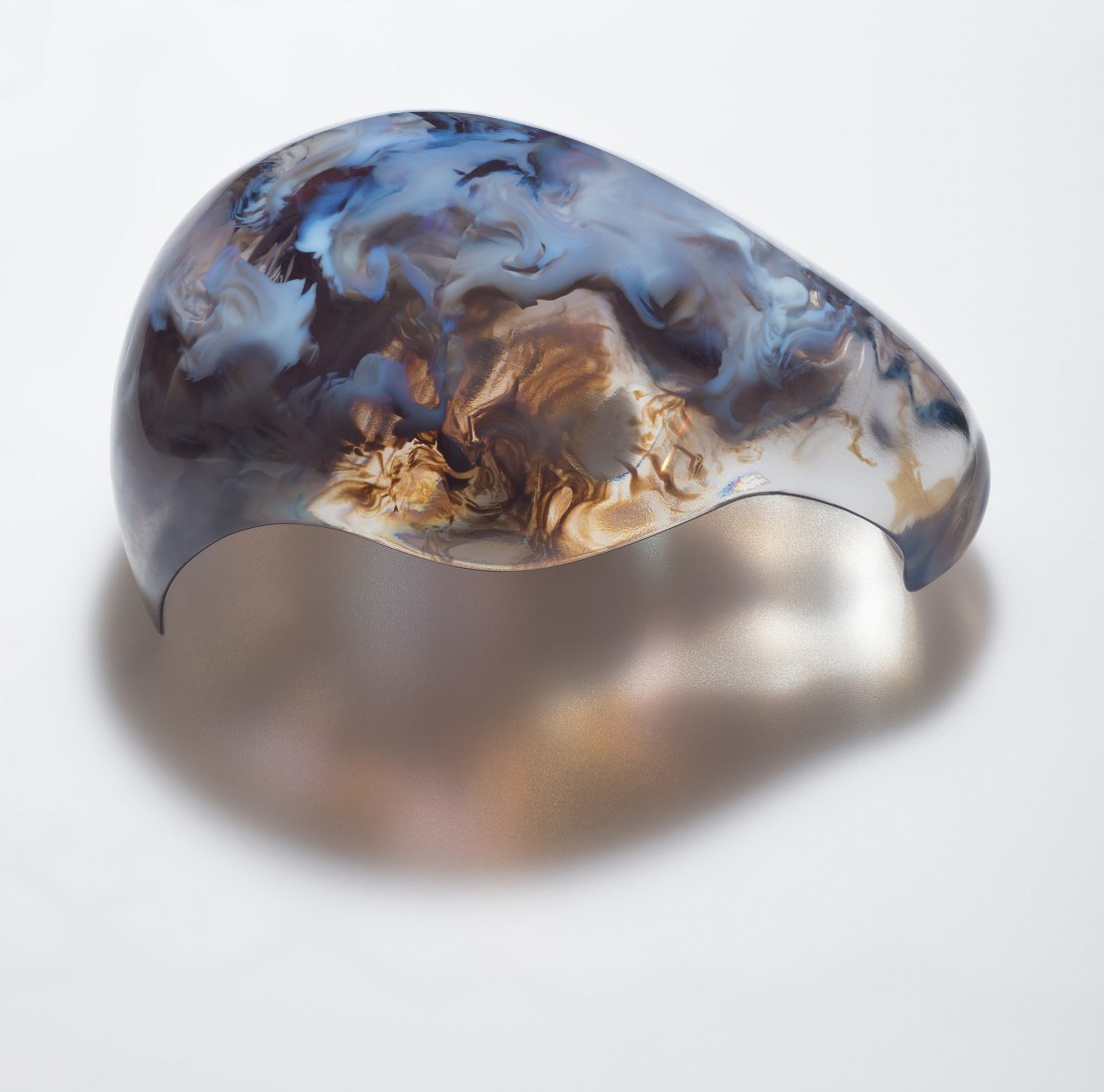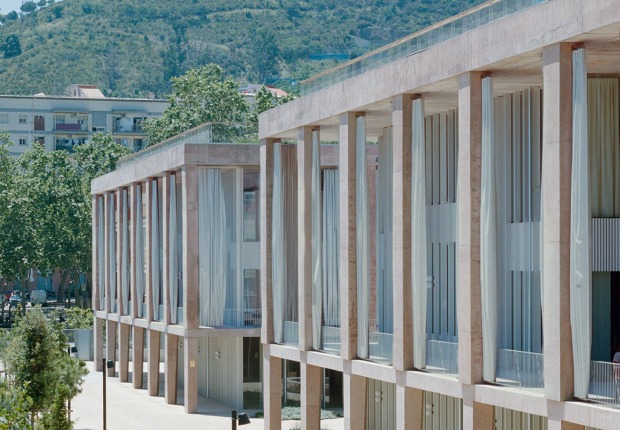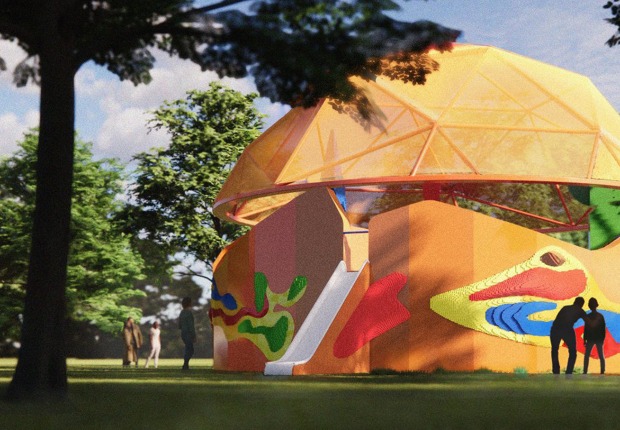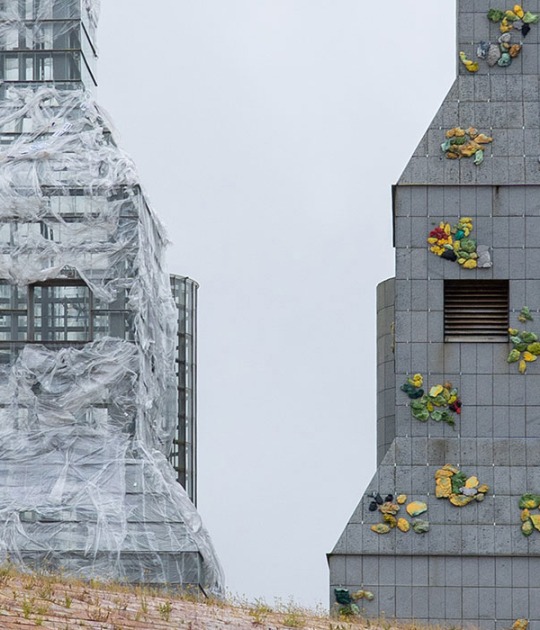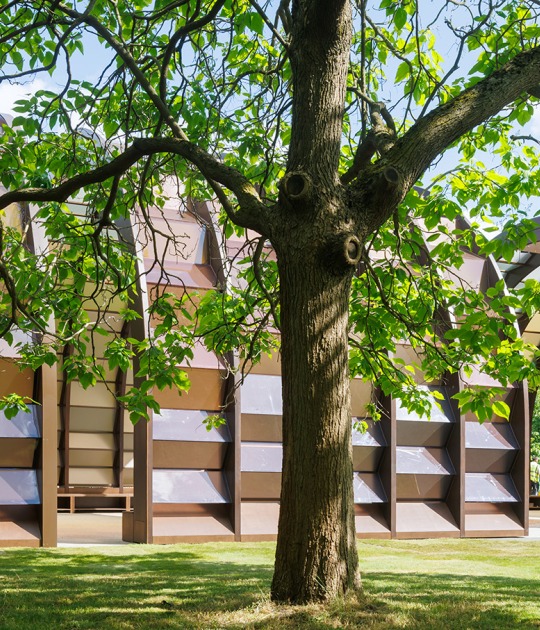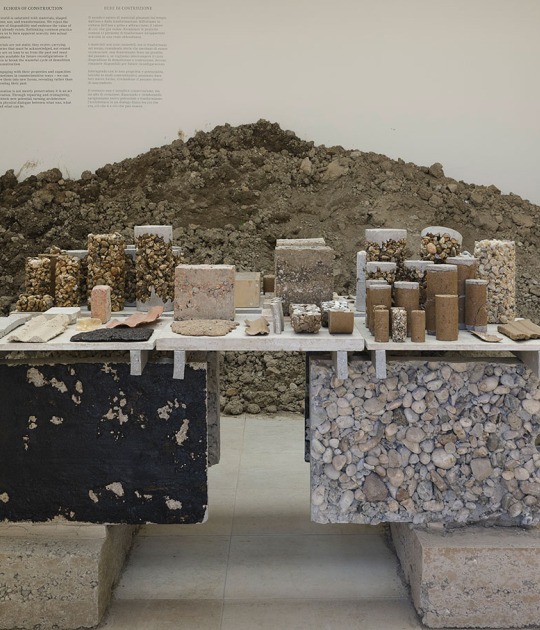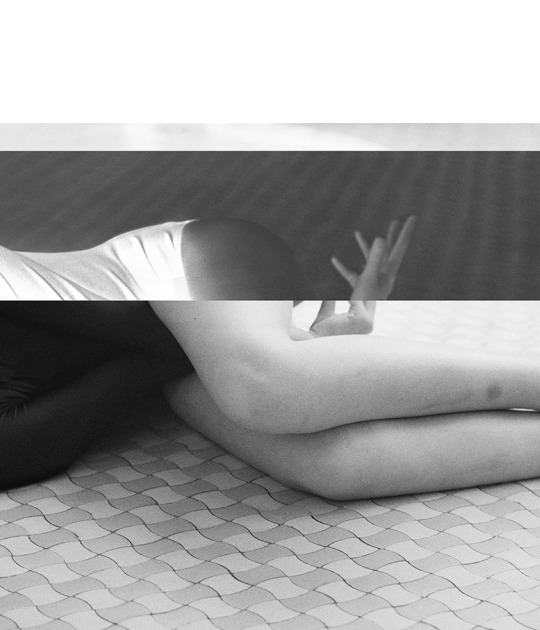Oxman adds, ‘We are now at a very exciting moment where we can design nature herself. So with the appearance of tools, techniques and technologies associated with synthetic biology, we can basically re-envision, reimagine, augment, make better, heal the environment and nature as we know it. Where does design stand in this crossroads and what are the technological and ethical implications of this? I think my team and I stand in that crossroad physically, but also mentally challenging some of the questions that design and designers face at that intersection between biology and technology, nature and culture, and the melding and fusing of the two.’
The seven projects on display, which date from 2007 to the present, showcase several examples of Oxman’s line of inquiry. Inspired by the observations of sources such as the configurations of bark on birch trees, the characteristics of crustacean shells, and even the nature of melanin, each project makes a compelling case for the future of building and design on its own, but even more so when the viewer can envision them overlapping with each other.
As a professor of media arts and sciences at the Massachusetts Institute of Technology’s Media Lab, she founded and directs the Mediated Matter Group. She coined the term “material ecology” to describe techniques and objects that are informed by and directly engage with the structures, systems, and aesthetics of nature. Integrating advanced 3-D printing techniques with in-depth research of natural phenomena and behaviors, material ecology operates at the intersection of biology, engineering, materials science, and computer science. While individually these works are beautiful and revolutionary, taken as a group they constitute a new philosophy of designing, making—and even unmaking—the world around us.
The seven projects in this exhibition are “demos” for a library of materials and processes that might someday be available to all architects and designers. The objects and structures are all designed as if grown—with no assembly required. Together, they celebrate a new age in which biology, architecture, engineering, and design join forces to build the future.




